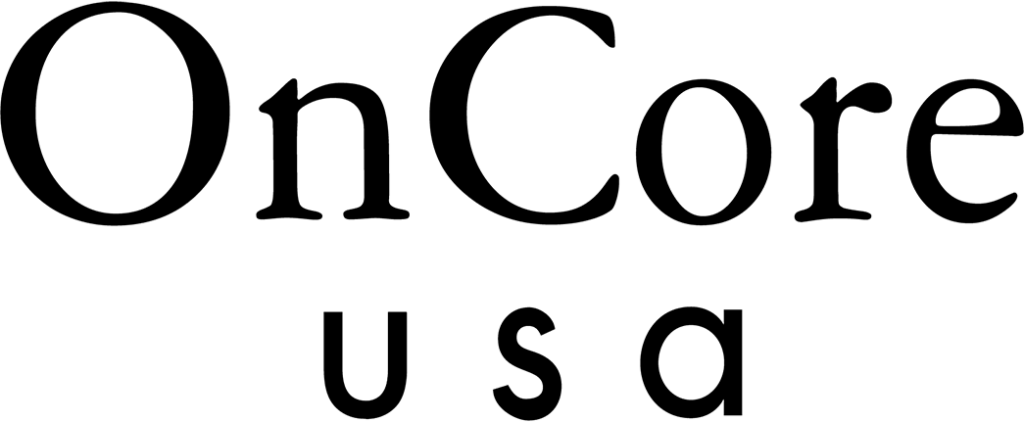
All jobs and workplaces come with their own unique requirements. This means employers are interested in specific skills in their employees that get the work done. Skills can be expanded and developed with new knowledge and training.
Whether you’re in the application, interview, or employment stage of your career, it’s valuable to know what soft and hard skills are and the importance of developing your soft skills.
What are Hard Skills?
Hard skills are described as “teachable” abilities. They can be measured by the degree of knowledge a person has and how efficiently they can apply that knowledge. They are usually taught through training, teaching, and reading books. Some examples of hard skills include:
- How many words you can type per minute
- Coding and programming
- Ability to do basic or complex mathematics
- Reading and writing abilities
- Fluency in speaking various languages
- Accounting abilities
- The ability to operate machines, such as factory machines or piloting aircraft, etc.
What are Soft Skills?
Soft skills are more subtle skills, but nonetheless absolutely invaluable in the workplace and world in general. In some way they’re an integrated part of everyone’s personality and have some degree of subjectivity (in contrast with hard skills, which can easily be objectively measured). They’re interpersonal and often describe the ability to communicate and work with others. Some examples include:
- Communication — how well can you convey information and the manner that you do so
- Time management and organization
- Teamwork abilities
- Leadership qualities
- Ability to motivate yourself and others
- Flexibility with changes in plans
- Friendliness
- Confidence in yourself
- Problem-solving skills and creativity
- Ability to handle pressure
This list is long, and as you can see, some soft skills blend into one another. These elements are mostly what make up a person’s personality, and a well-rounded experienced person will often have many of these skills.
The Importance of Soft Skills
Hard skills are undoubtedly important — they’re the tools that allow you to do your job. But for the most part, other people within your field of work have similar hard skills. Think about how many people graduate with the same level of degree.
What sets one person apart from another can be the soft skills they’ve built up. Experience and an active, positive attitude to your personal development is a recipe for success, as they’re often the ones that affect yourself and the workers around you.
Even the greatest entrepreneurs can tell you the road to success was paved with their ability to develop themselves and soft skill abilities. Success in business isn’t achieved in a vacuum; it isn’t absent of other people. Teams and interpersonal skills of employees are one of the fundamental building blocks of a successful business and a productive employee.
Growth of Your Soft Skills in the Workplace
Your soft skills aren’t unchangeable — with time, awareness and practice these skills can be molded and nurtured. The path can be long and less clear compared to developing hard skills, but a basic guideline can be followed, nonetheless.
Be Honest with Yourself
If you feel your soft skills need to be built upon, identify which skills are the ones you need to practice and build upon. The key here is to be specific, but also honest with yourself — it can be hard to admit you can’t work as a team easily or communicate very well. But getting to the bottom of your skills is important and a gateway to improvement.
If you had trouble communicating, for example, you could look at the reasons for this. Do you add too much information? Do you loop back on yourself too often? Do you not talk when you should be talking? It’s something you can catch yourself, or simply ask others you know for constructive feedback.
Don’t Throw Yourself in at the Deep End
Maybe you have a lot you want to change. One of the worst things you can do is do everything at once, as you’ll lose your track on progress and overwhelm yourself.
For example, if your goal is to lead a team on a large project but have no experience or developed leadership skills, going straight into the leader spot could do more damage than good. Building up skills first is always a better way of reaching this goal — perhaps by first managing subgroups on easier projects or by driving conversations in the team and making smaller decisions.
Monitoring Progress through Actions and Results
It’s all well and good attempting to change your soft skills, but if you don’t make any progress and have no positive results, you’d be back at square one. If you wanted to be a better leader, that’s a skill-based goal. An action would be to assume a leadership position for a small group on a flexible project.
Write what you’ve learned each day and track your thoughts and ideas. To monitor your results, look at how well a project went and ask for honest feedback from the peers on your team. Did they have any areas you could improve on? What could have been done better? Did you make decisions for the group quickly and easily?
Feedback is valuable, and monitoring your progress against the opinions and abilities of people who utilize these skills successfully is a way to develop your soft skills quickly and efficiently.




